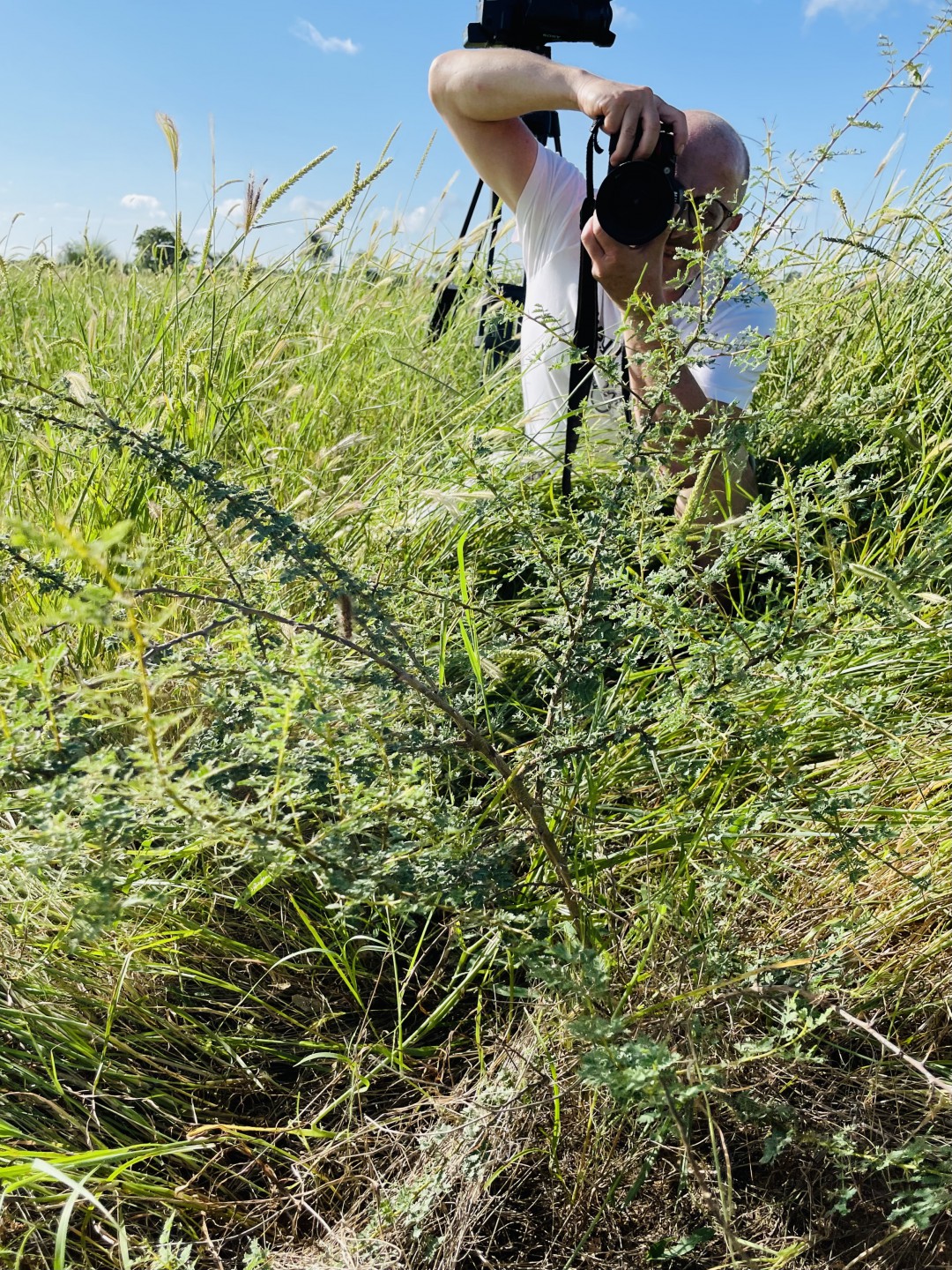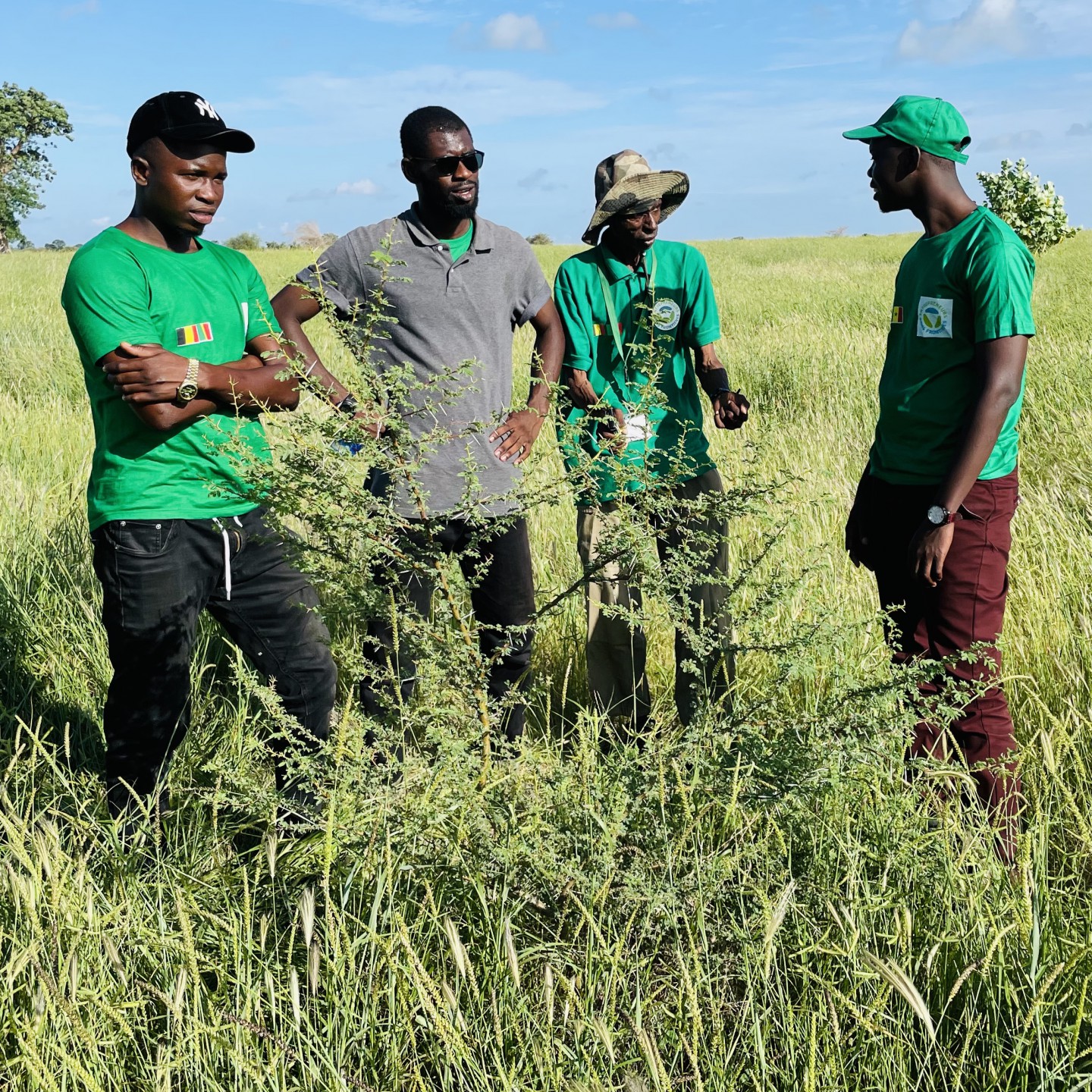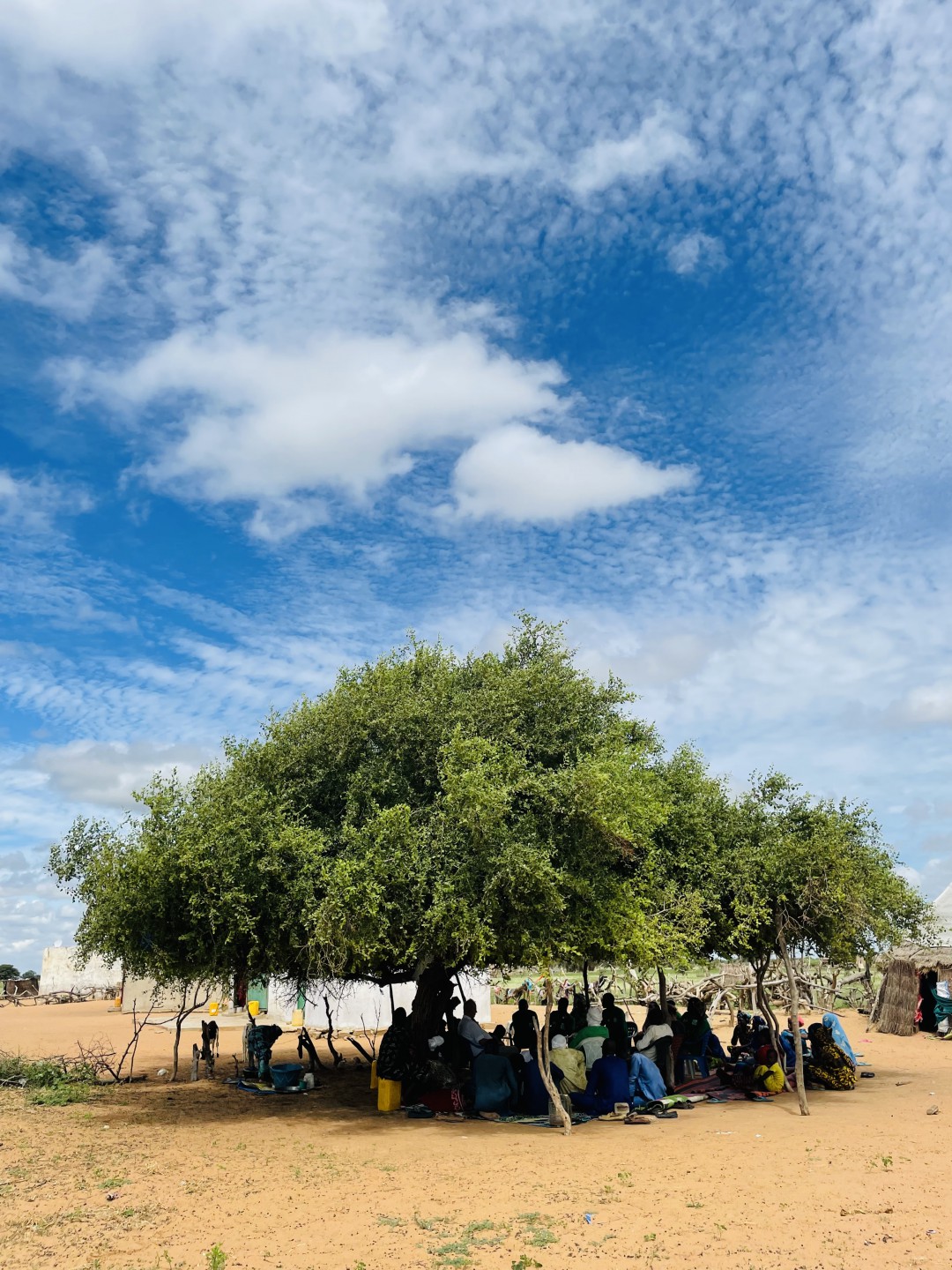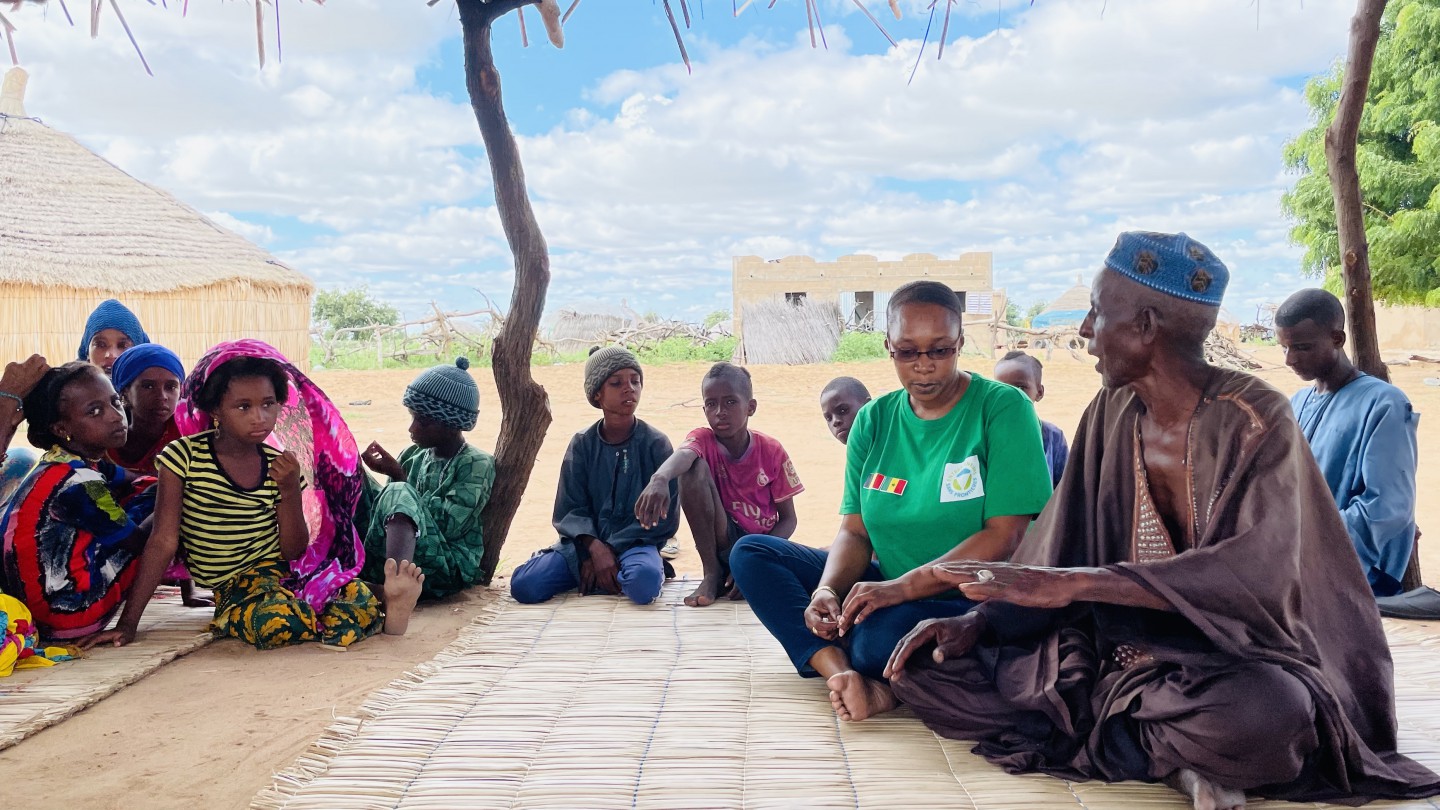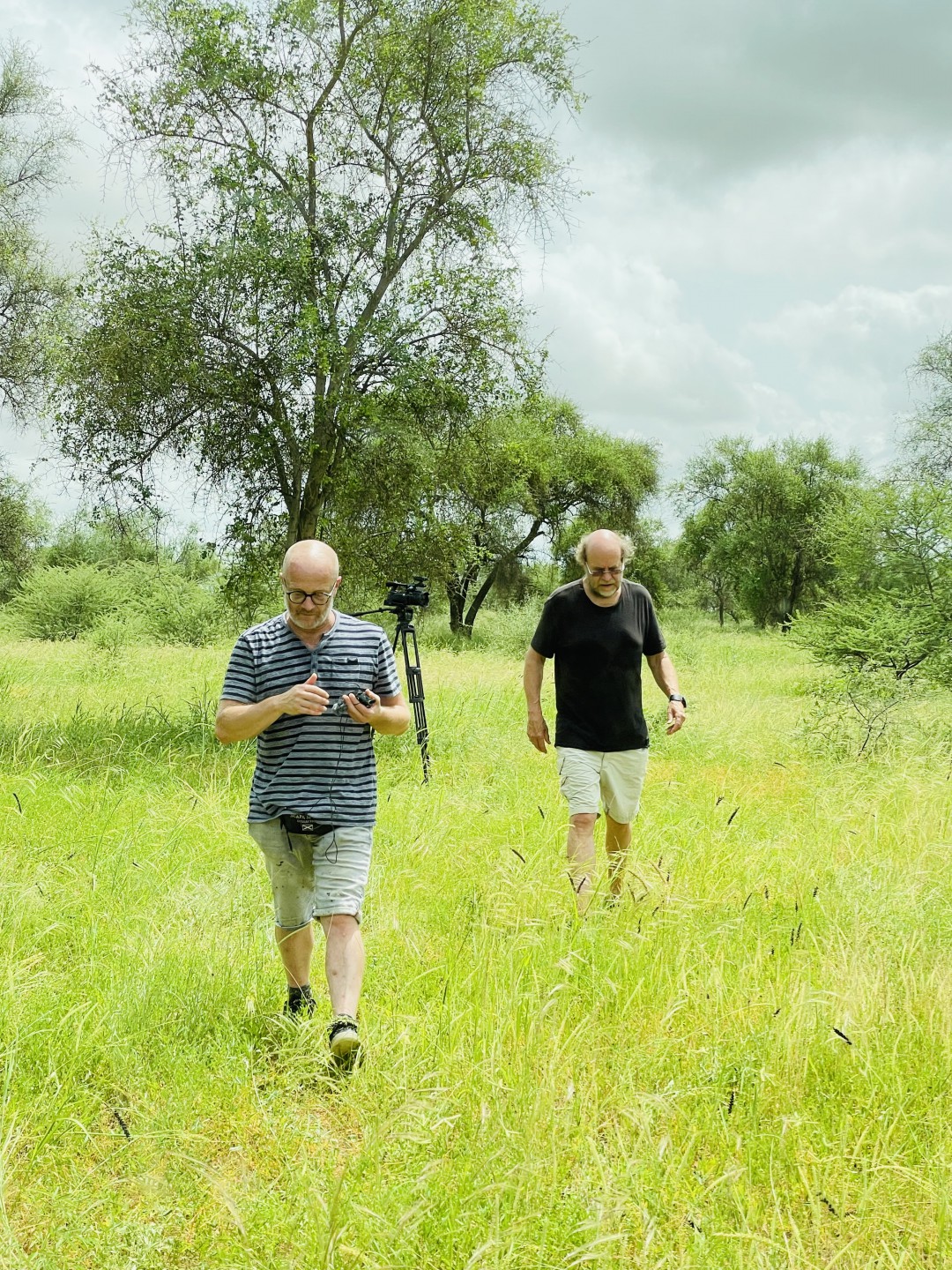Hope for greening increases
Greening is the best medicine against desertification
During extreme droughts, entire forests were cut down for firewood. The land withered and harvests failed. Farmers now understand better that they need trees. Trees provide shade, branches to cut for firewood to cook with and to build beads to protect livestock, leaves serve as fodder and manure, and the roots of trees hold water in the soil and absorb nitrogen and carbon from the air.
Greening is the best medicine against desertification. The impact on soil fertility is huge, also on the local climate. It ensures that the success rate and profitability of harvests rise again, so that extra mouths can be fed (SDG 2) and internal and external migrations are stopped.
This has an immediate impact on global warming. For many farmers, there is a better income again. 80 percent of the Sahel's inhabitants live off the land. Greening combats poverty and therefore hunger. The quality of food increases and that is healthier for people. There is more money to send children to school. Moreover, we also see a positive influence on the biodiversity of grasses, herbs, insects, birds and small mammals.
There are more than one possibilities
First and foremost, it comes down to protecting nature (fencing it off and guarding it) and giving it a chance to recover. Nature's resilience is great. Regeneration, to use a modern word, is what it is called.
As humans, we can also give nature a helping hand by applying all kinds of techniques on the soil situation. The Vallerani technique for totally degraded soils, but also by simply scarifying the soil (a furrow that follows the contour lines of the terrain) and sowing an extra crop can be enough to get a boost of biodiversity.
More than just new forests
The Great Green Wall is more than just the creation of new forests across Africa. Forests are not the end goal, but the means to provide recurrent income, resulting in a general increase in prosperity.
Our sociologist Bineta Kamara is therefore doing important work to map out the socio-economic impacts together with and for the population, who are keen to testify how the cooperation with OZG is going (recordings by Daan Degroote available soon). It is these testimonies that provide the necessary support to expand our field of activity (in Europe and Senegal).
Because of Covid, we have been delayed for 1,5 years, but today we are happy to see that even after a lean rainy season, all reforestations realised in Mbar Toubab are doing well (see pictures). The investments in good fencing and surveillance are showing their benefits. Grasses (for the cattle) have grown well and the little trees continue to grow or have been given a chance to sprout on the new site in 2021.
Scaling up
It is now a matter of scaling up step by step. Not to reforest the entire Great Green Wall, for we have no such pretensions. But to sensitise other non-profit organisations to do the same; plant a tree, more than one is allowed ;-) and protect nature. It makes a world of difference to each of us.
